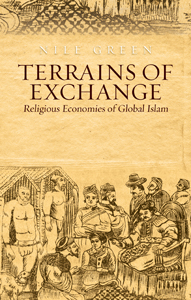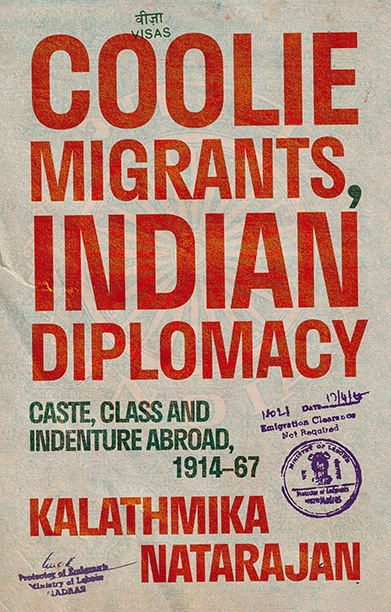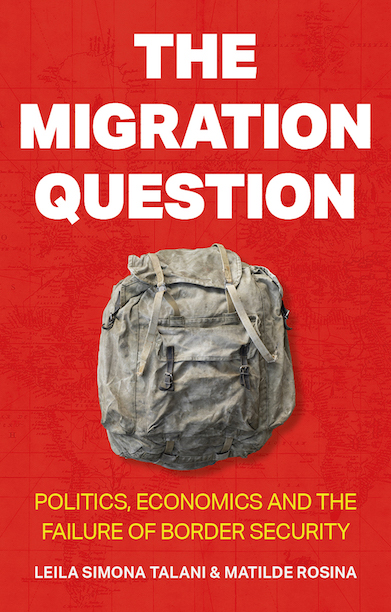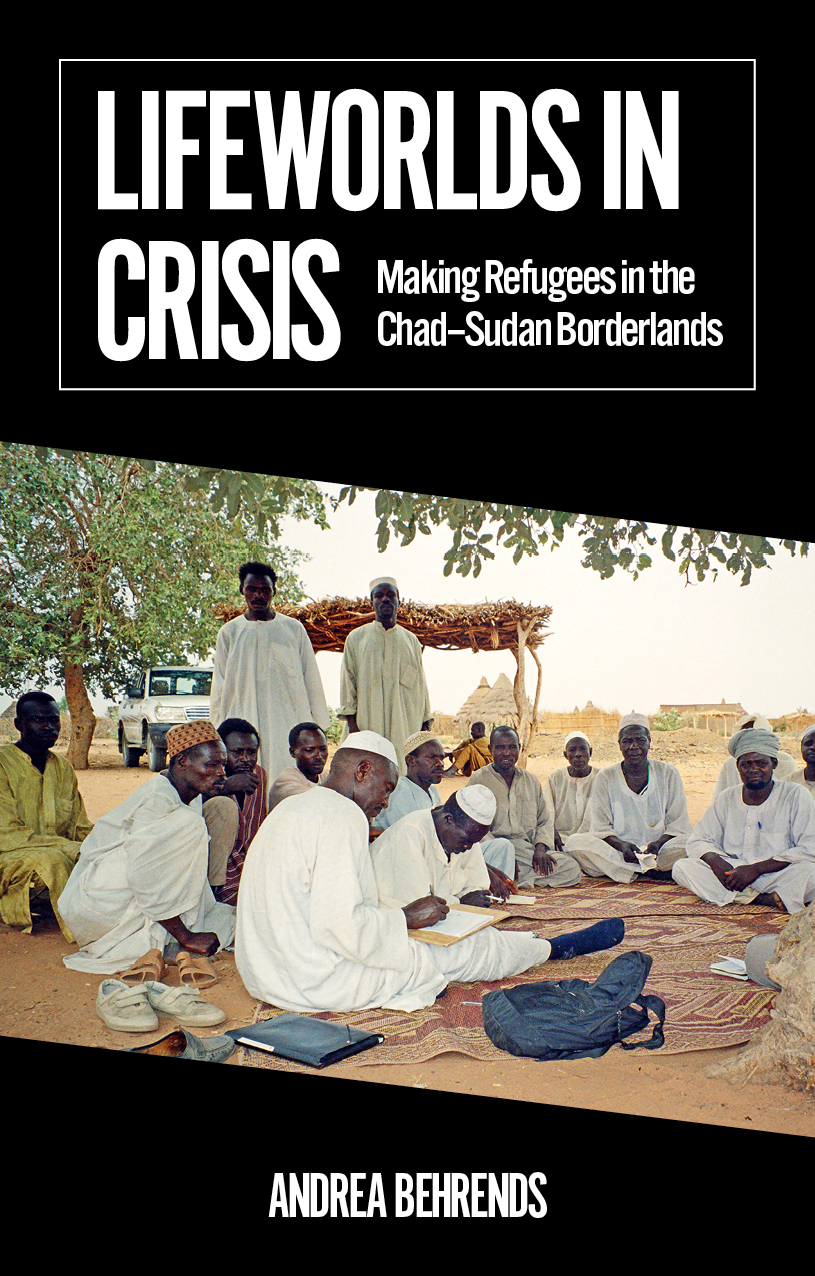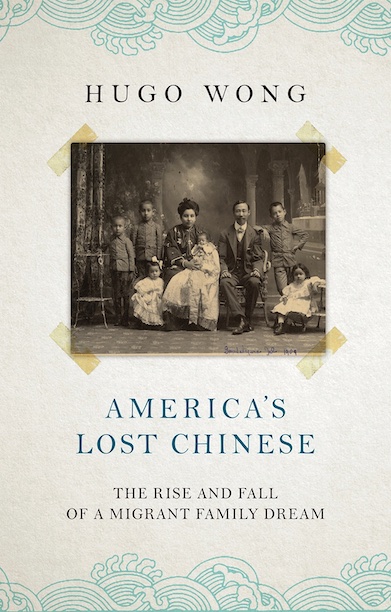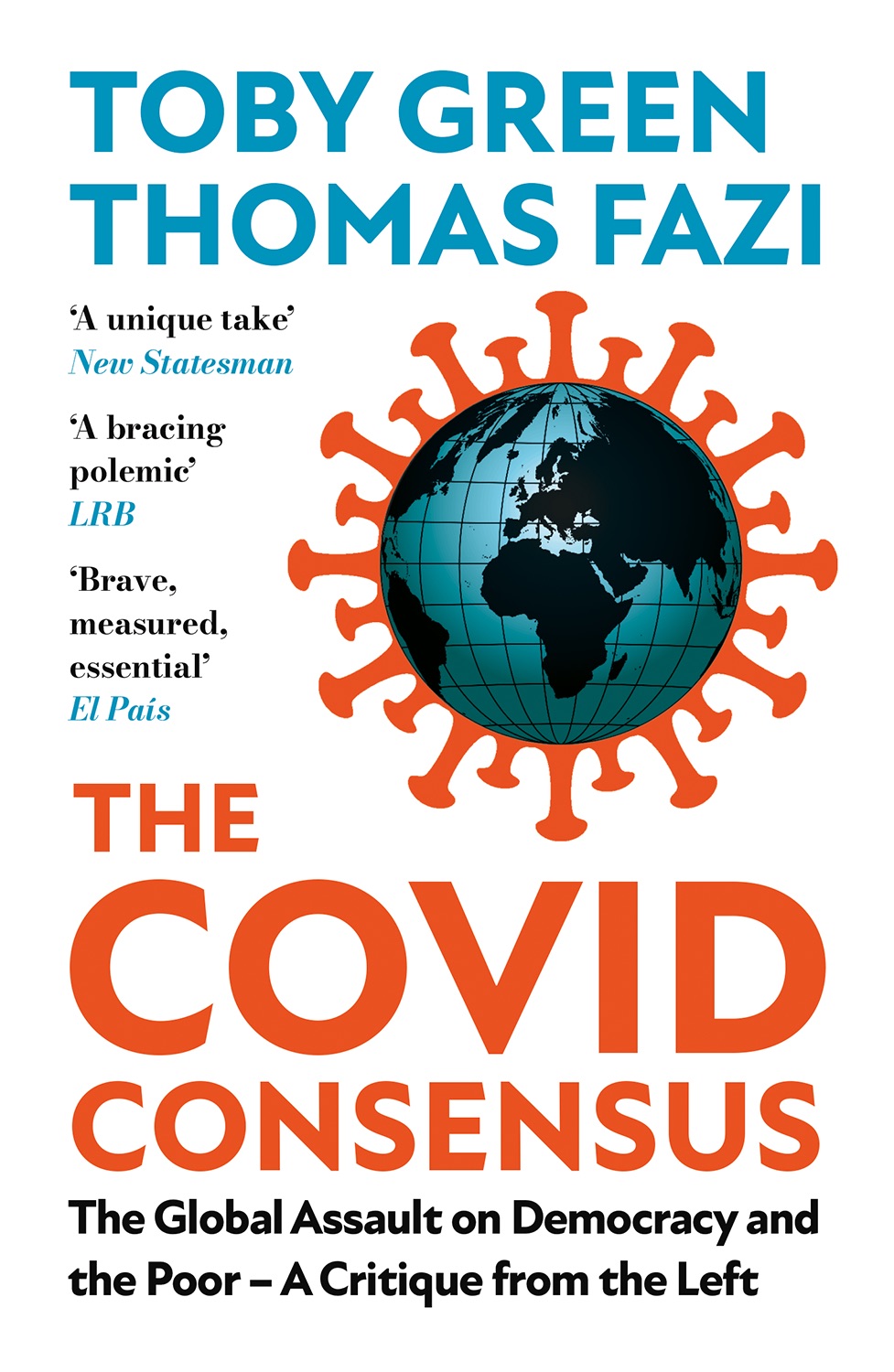Terrains of Exchange
Religious Economies of Global Islam
Examines how encounters throughout Eurasia and beyond transformed Muslim practices and the history of Islam.
Description
Terrains of Exchange offers a bold new paradigm for understanding the expansion of Islam in the modern world. Through the model of religious economy, it traces the competition between Muslim, Christian and Hindu religious entrepreneurs that transformed Islam into a proselytizing global brand.
Drawing Indian, Arab, Iranian and Tatar Muslims together with Scottish missionaries and African-American converts, Nile Green brings to life the local sites of globalisation where Islam was repeatedly reinvented in modern times. Evoking terrains of exchange from Russia’s imperial borderlands to the factories of Detroit and the ports of Japan, he casts a microhistorian’s eye on the innovative new Islams that emerged from these sites of contact.
Drawing on a multilingual range of materials, the book challenges the idea that globalisation has given rise to a unified ‘global Islam.’ Instead, it reveals the forces behind the fracturing of Islam in the hands of feuding and fissiparous ‘religious firms’.
Terrains of Exchange not only presents global history as Islamic history. It also reveals the forces of that history at work in the world today.
Table of contents
Introduction: Terrains of Exchange
Evangelicals: Missionary Catalysts, Muslim Responses
Chapter 1: Parnassus of the Evangelical Empire
Chapter 2: The Christian Origins of Muslim Printing
Chapter 3: The Islamic Opportunities of Bible Translation
Innovators: Communal Competitors, Local Cosmopolitans
Chapter 4: Missionaries, Mystics and Mill-Owners
Chapter 5: The Invention of a Hindu Sufism
Exporters: Pious Passengers, Islamic Impresarios
Chapter 6: Making Islam in the Motor City
Chapter 7: Founding the First Mosque in Japan
Reviews
‘This book is a remarkable achievement. Drawing on sources in several languages from archives and libraries across the world … Nile Green has produced an argument about how Islam has globalized over the past two centuries. … One major conclusion which flows from his work is the central role of Indian Muslims in the globalization of Islam.’ —Times Literary Supplement
‘Based on numerous original sources recounting very personal stories of exchange, Nile Green has written a compelling introduction on this subject in Terrains of Exchange: Religious Economies of Modern Islam…leaving the reader with a trove of exciting life stories of religious entrepreneurs and theoretical concepts which can be usefully applied to accounts of global exchange in the future.’ — Dawn
‘In a fairly short period of time, Nile Green, a very talented social and cultural historian . . . has established himself as a keen and insightful historian of modern Islam . . . his method is an interesting way of engaging with global history through vignettes of micro-history.’ — The Muslim World Book Review
‘Continuing the remarkable work begun in his Bombay Islam, Nile Green expands the geographical scope of his exploration of religious economies to include North America, Europe, India, Southeast Asia and Japan. He emphasises the central role of evangelical scholars in British universities and the Protestant missionary presses in bringing into public circulation and debate the religious texts of Islam and shows how the institutional form and practices of the Protestant “mission” would be adopted by Islamic and Hindu religious movements such as the Ahmadiyya, the Tablighi Jamaat and the Arya Samaj to proselytize all over the world. This is a ground-breaking and thought-provoking book.’ — Partha Chatterjee, Professor of Anthropology and South Asian Studies, Columbia University
‘Terrains of Exchange is a richly documented and elegantly written account of the global encounter between both Muslim and Christian missionaries, scholars, and holy men in the long nineteenth century. Drawing on a dizzying array of sources in Persian, Urdu, and various European languages, the author traces this encounter through the stories of a number of individual actors across a global religious economy (bridging Europe, India, Japan, and the US) that, while intersecting with the institutions and practices of empire, was never wholly subsumed by them.’ — John M. Willis, Associate Professor of History at the University of Colorado
‘Nile Green expands his innovative theme of “religious economy” from his prize-winning book Bombay Islam to produce this fascinating new study of ground-level Muslim entrepreneurship on a global basis during the long nineteenth century, in locales as diverse and yet connected as England, India, the United States, and Japan.’ — Michael H. Fisher, Robert S. Danforth Professor of History, Oberlin College, USA
‘Enthusiastic and enlightening … Integrating religion with social and political history, Terrains of Exchange digs deeply into the meetings of East and West.’ — History Today
Author(s)
Nile Green is Professor of South Asian history at UCLA and founding director of the UCLA Program on Central Asia. A specialist on the Muslim communities of South Asia and the Middle East, his research brings Islamic history into conversation with global history. He has authored six monographs, including Bombay Islam: The Religious Economy of the West Indian Ocean, which won the Albert Hourani prize and the Ananda K. Coomaraswamy prize.
